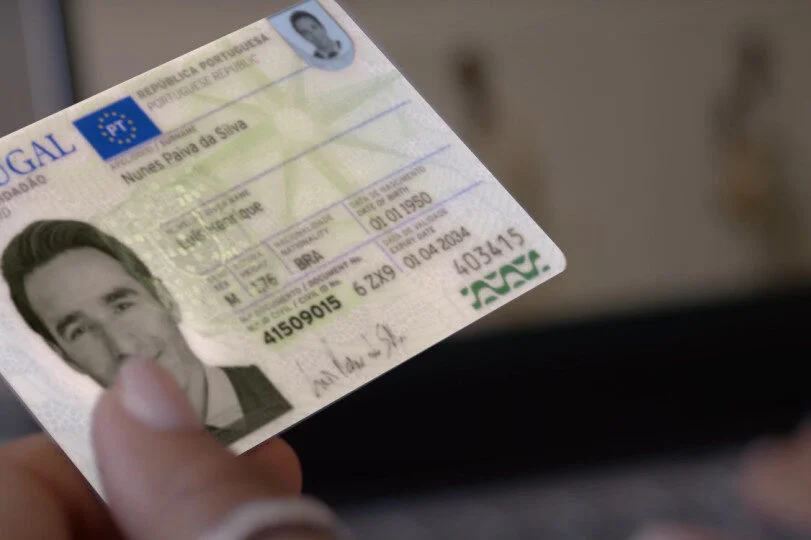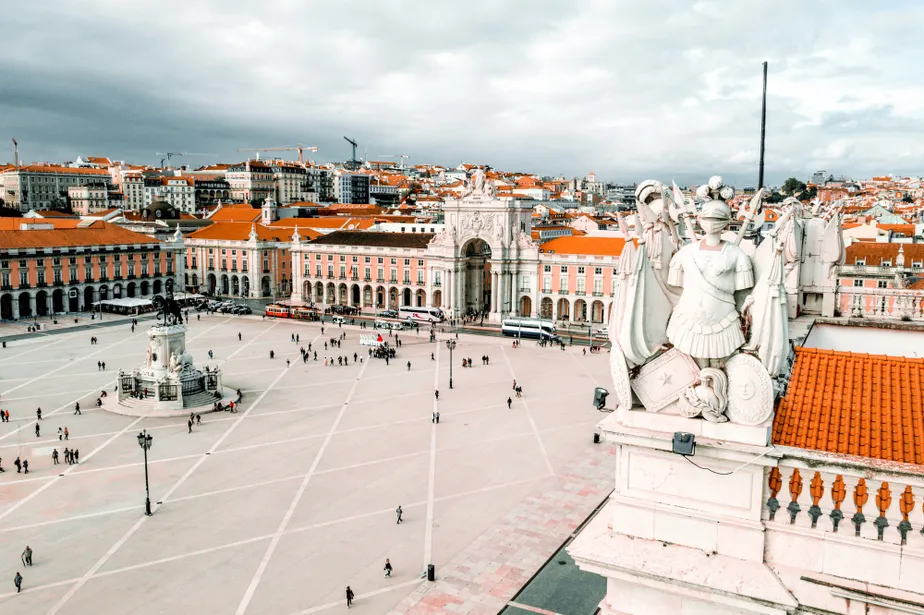Artificial intelligence is an ally in the search for Portuguese citizenship

A group of researchers in Lisbon develops a database that makes it easier to find documents of fundamental ancestors when accessing the law.
Artificial intelligence is a new ally for Brazilians seeking Portuguese citizenship. By applying a set of specific technologies and software, a group of researchers, in Lisbon, developed a database, which has made it possible to find historical documents and map the Portuguese migratory flow in Brazil. A fundamental step for those who wish to apply for nationality with the government of Portugal.
The presentation of documents from the native Portuguese, such as a birth or baptism certificate that ties him to the country, are requirements of the legislation of the European country. Research coordinator and CEO of Martins Castro, Renato Martins, says that, as the migratory process of the Portuguese began in the 15th century and was the longest in Brazilian history, many descendants know that they have Portuguese origins, but cannot locate the parent documentation.
Historian and genealogist Gabriel Dias says that the great mobility of the Portuguese generated a set of notes in the Brazilian and Portuguese public administrations, in registries, conservatories and also private records. In other words, these documents are spread across several locations in both countries. “A large part of the Portuguese arrived in Brazil without birth certificates and few with passports. Another relevant factor is that, until 1911, there was no civil registration in Portugal and births and baptisms were carried out in the parishes of the Catholic Church,” he explains.
To give you an idea, Portuguese communities estimate that there are about five million grandchildren of Lusitanians in the country, with the states with the highest number of descendants being Rio de Janeiro, São Paulo, Minas Gerais and Pará. According to Martins, there are thousands of people who can access the right, but the documentary deficit has become an obstacle when applying for Portuguese citizenship. “Thus, many know that their grandparents or great-grandparents are Portuguese and cannot have documentary evidence of the birthplace of their Portuguese ancestor”.
This social demand has motivated researchers to apply information technology to improve genealogical research and find documents when necessary. Over the last two years, Martins and his team have accumulated more than one million metadata, which have allowed them to index and cross-reference information fragments that were previously linked manually.
Dias explains that, by crossing information regarding notes and documents from the two countries, the team is able to assess and understand where the Portuguese communities are, their origins and when they were formed in different Brazilian regions. What can guarantee proof of the entry of these immigrants in Brazil and their origins in Portugal.
For Martins, these studies are allowing more visibility for Portuguese-Brazilians. “The application of technology to solve social demands impacts people's lives, who now have the right to move around the world with safety and freedom”, he believes.
Portuguese citizenship
Portuguese citizenship is guaranteed by law for Brazilians of direct descent. Portuguese jurist Isabel Comte says that the Portuguese Nationality Law (Law nº 37/81) provides that grandchildren of Portuguese people, with at least one Portuguese ancestor in the 2nd degree of the straight line, are entitled to apply for Portuguese nationality, if declare that they want to be Portuguese and have an effective connection to the national community.
One of the requirements for the grandson's nationality application is the need to prove the nationality of the Portuguese. This proof can be made through the birth certificate or the baptistry issued in Portugal. Comte says that it is also necessary to prove a link with the national community. In countries, such as Brazil, where the Portuguese language is official, this requirement is considered automatically satisfied.
According to the jurist, it is important to note that the applicant's criminal record, in Portugal and in the country of origin, will also be consulted. Among the benefits of Portuguese citizenship, Comte highlights the right of inheritance, which can be passed on to descendants. “As a Portuguese citizen, you have the freedom to travel through the European Union, through the countries that are part of the Schengen Area, without bureaucracy with visas, problems with immigration, queues at airports and meeting deadlines. It is also possible to travel to the United States, Canada and Japan without a visa.”
Published in Portal Terra

New Portuguese citizen? Find out how to issue your identity document.
In recent weeks, many nationality processes have been completed, resulting in hundreds of Martins Castro customers now officially Portuguese. […]

Sephardic Jews: do you have to live in Portugal for three years?
Many doubts have arisen about the changes in Portuguese law regarding the acquisition of nationality by descendants of Jews […]

Martins Castro in the Media: Diário do Nordeste (Brazil)
Couple from Fortaleza obtains Portuguese citizenship after discovering Jewish family expelled from European country Decree-Law grants documentation for relatives of […]